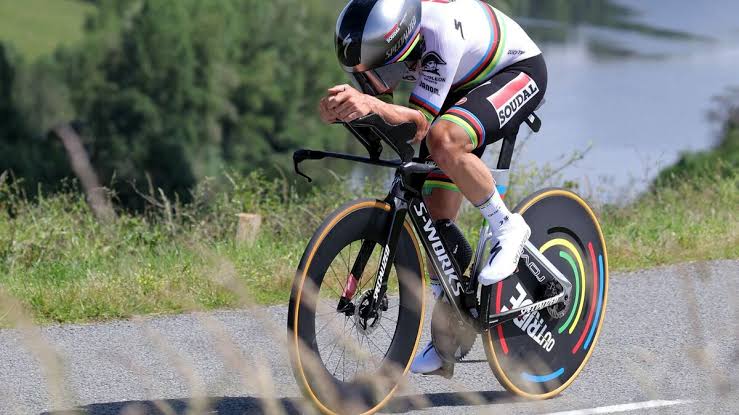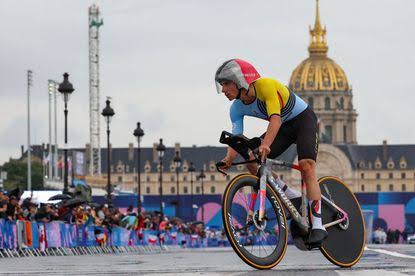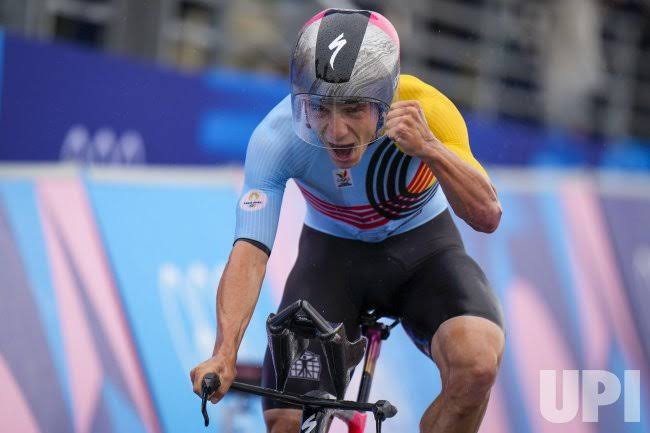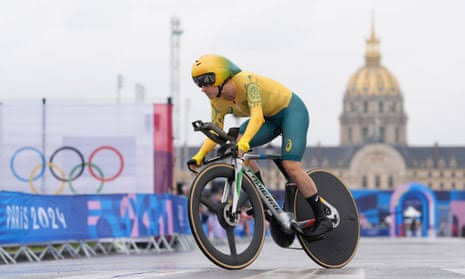Remco Evenepoel, the Belgian cycling prodigy, recently made headlines with his emphatic victory in the heat of the road cycling event at the Paris Olympics.
In a post-race interview, Evenepoel offered a clear perspective on the difference between the Olympics and the Tour de France.
His statement, “The Olympics is not the Tour de France,” underscores his recognition of the distinct nature and prestige of these two monumental events in the cycling world.
The Tour de France, a grueling 21-stage race spanning three weeks, is known for its challenging terrain and intense competition. It’s a test of endurance and consistency over a prolonged period.
In contrast, the Olympics, held every four years, is a single-event spectacle that often features a different type of strategy and preparation.
It represents a pinnacle of national pride and personal achievement, with each race being a unique challenge in its own right.
Evenepoel’s comment reflects his understanding of the unique demands and pressures associated with each competition.
While the Tour de France is a marathon of a race, the Olympics is a singular moment where athletes have to peak perfectly on one specific day.
For Evenepoel, mastering the dynamics of the Olympics, with its emphasis on tactical prowess and peak performance, represents a distinct challenge compared to the endurance-focused Tour de France.
His fans believes Evenepoel made this charge referring to Tadej Pogacar as getting back a universal win against Tour de France win.
In summary, Evenepoel’s victory and subsequent remarks highlight his strategic insight and respect for the unique characteristics of these prestigious cycling events.


